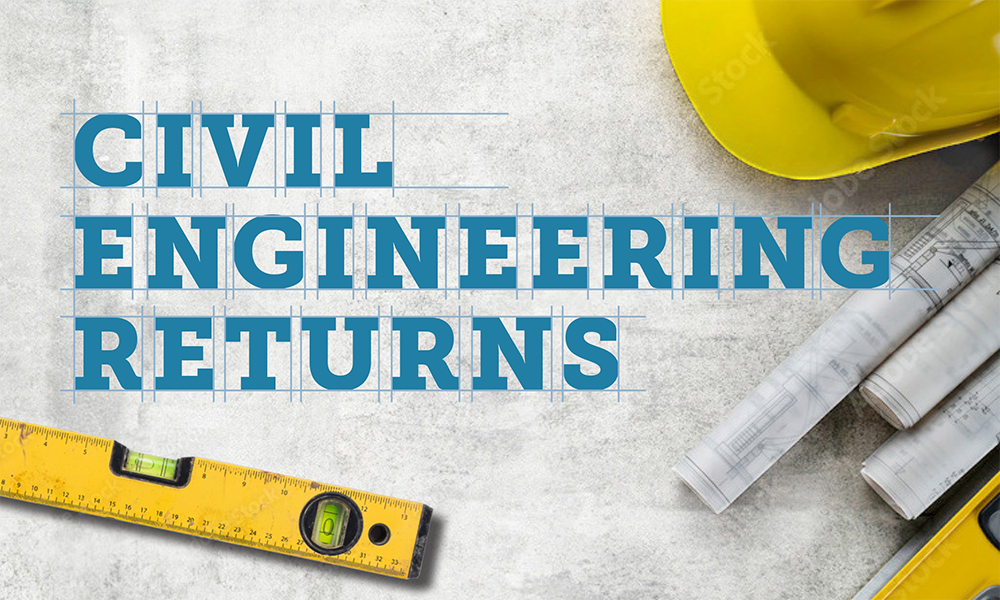What do you do now and what has your career been like so far?
I am principal of Gardow Consulting, LLC (Seattle, Wash.) and chair of the Washington State Public Works Board. I have worked as a city engineer, an executive director of a non-profit farmland trust and a business owner. I have worked in construction, design (subdivision and site plan), stormwater management, project management, non-profit leadership, land use permitting and political advocacy.
I’ve conserved farmland through easements, guided government leaders through the creation of massive community land developments and lead an infrastructure grant program that benefits jurisdictions across Washington. How many people get to do this? It’s wicked exciting and rewarding, all the projects and initiatives that I’ve been part of.
Civil engineering is a field that intersects many other disciplines. What makes it such a perfect crossroads for so many careers?
Civil engineering is basically the building blocks of society and community. It impacts how, where and how well people live. Civil engineering is probably one of the oldest professions – think Roman aqueducts or coliseums. Civil engineering decisions have political, socioeconomic and environmental impacts. All of this is to say that civil engineering is cross-disciplinary – it intersects everything that exists in civilization.
How do you feel about civil engineering’s reinstatement?
It’s about time and I am grateful. In my humble opinion, civil engineering should never have been eliminated. I was told 20 years ago the decision was made because civil engineering didn’t “cross silos enough.” But anybody interested in law, pre-med, sociology, psychology or political science has connections to the consequences of what civil engineers do. Civil engineers build communities. There have been studies that show that the ZIP code you’re born in makes a difference in your outcomes in life. This is connected to what civil engineers do. Where do you put the highway, the new subdivision, the landfill? Politicians are always making decisions about communities and then civil engineers implement them.
How did your time at Union impact your path?
I had some amazing teachers – professors Phillip Snow, Gilbert Harlow, Francis Griggs and Thomas Jewell. I remember one of my only all-nighters was creating a plan for an expanded Schenectady airport. Also, a big rail transfer station in Albany. I have always liked larger scale, bigger picture, systems projects. It’s still what my passion is. Being chair of Public Works, I am advocating for infrastructure funding from the state legislature. This is big-picture, community-building work. I’m proud to say that I am a civil engineer in all my endeavors, as it keeps me excited and gives me credibility.


